Sustainable Harvesting: Protecting Biodiversity While Producing Flora Honey
As consumers grow increasingly conscious of their environmental impact, the demand for sustainable products has surged. One such treasure from nature, flora honey, stands out not only for its flavor and health benefits but also for its deep connection to biodiversity. However, producing it responsibly requires more than just placing hives in flower-filled fields. It calls for a thoughtful, eco-friendly approach to harvesting that preserves nature’s delicate balance.
Let’s explore how sustainable harvesting methods can help us enjoy pure, flora-rich honey while actively protecting the biodiversity that makes it possible.
Understanding Flora Honey and Its Origins
Before diving into sustainability, it’s essential to understand what flora honey truly is. Unlike monofloral honey, which comes from a single flower type (like acacia or eucalyptus), flora honey—or multifloral honey—is derived from the nectar of various wildflowers blooming in a specific region.
These flowers depend on healthy ecosystems. And in return, bees help pollinate them, ensuring their growth and survival. This mutual relationship between bees and flora forms the heart of biodiversity—and underscores why preserving it is so vital.
The Ecological Importance of Bees
Bees do more than just make honey—they are key pollinators, responsible for the reproduction of over 75% of flowering plants, including many crops and wild herbs. When bee populations decline due to habitat destruction, pesticides, or poor beekeeping practices, entire ecosystems begin to unravel.
That’s why protecting biodiversity through sustainable harvesting isn’t just a niche idea—it’s a necessity. If we overexploit natural resources or disrupt the bee’s environment, we lose both the honey and the harmony of the ecosystem.
How Sustainable Harvesting Supports Biodiversity
Now, let’s explore how responsible harvesting methods can enhance biodiversity instead of harming it.
1. Bee-Friendly Beekeeping Practices
Instead of over-harvesting, sustainable beekeepers leave enough honey for bees to feed on during non-flowering seasons. This strengthens colony health and reduces dependence on sugar substitutes, which can weaken bees over time.
2. Preserving Wildflower Habitats
Beekeepers committed to sustainability avoid spraying chemicals, over-clearing land, or introducing non-native plants that could destabilize local flora. By protecting the natural habitats where wildflowers thrive, they ensure that bees continue to have a diverse nectar source.
3. Natural Hive Placement
Placing hives in natural, untamed areas—such as forest edges, meadows, or hillsides—encourages bees to forage across a wide variety of native plant species. This not only results in more nutrient-rich honey but also supports widespread pollination.
4. Local and Ethical Sourcing
When honey producers focus on local ecosystems, they minimize carbon footprints and reduce the impact of transportation. Supporting regional biodiversity through localized beekeeping helps communities build a strong bond with nature.
5. Monitoring Hive Health Without Chemicals
Rather than relying on synthetic antibiotics or pesticides, sustainable beekeepers use natural treatments and regular inspections to keep hives healthy. This limits contamination and preserves the purity of flora honey.
Why Sustainable Flora Honey Is Worth It
Yes, sustainable harvesting may take more effort—but it delivers far more value.
-
The honey produced is purer, richer in flavor, and often more medicinal, thanks to the wide variety of nectar sources.
-
Bees remain healthier and more productive, increasing pollination and plant diversity in the region.
-
Consumers enjoy a product that’s not just delicious—but also ethically sourced and environmentally responsible.
More importantly, sustainable flora honey becomes a symbol of our commitment to live in harmony with nature rather than exploiting it.
Final Thoughts: A Sweet Future Rooted in Responsibility
As we move toward a greener, more conscious future, the way we produce and consume honey must evolve. Sustainable harvesting stands as a bridge between traditional beekeeping and modern environmental ethics.
By choosing flora honey sourced through ethical and eco-friendly practices, we don’t just enjoy a sweet treat—we become active participants in protecting biodiversity and nurturing the planet.
So, the next time you drizzle honey over your toast or stir it into tea, remember: every drop has the power to protect a flower, a bee, and the balance of nature itself.
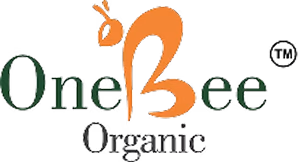

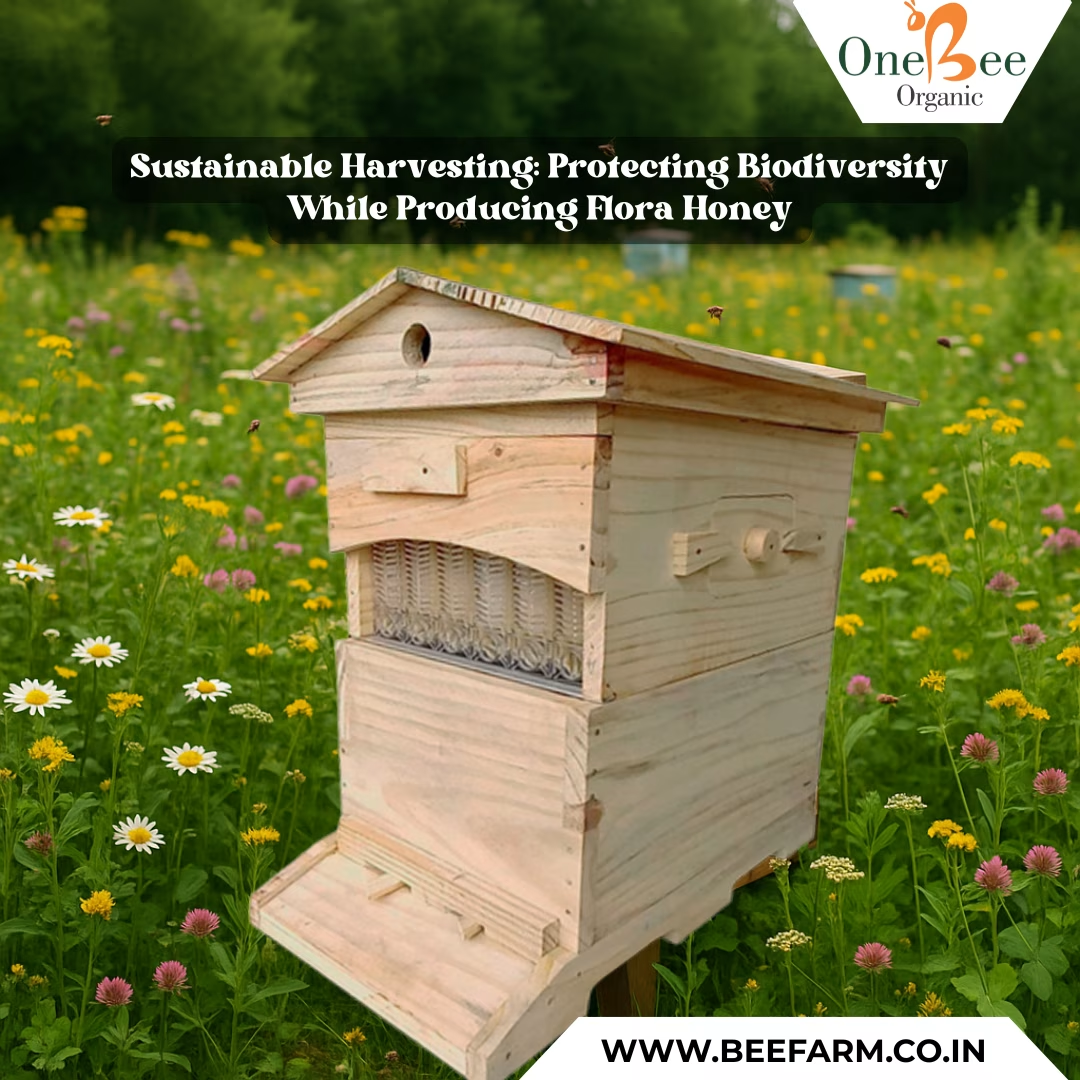
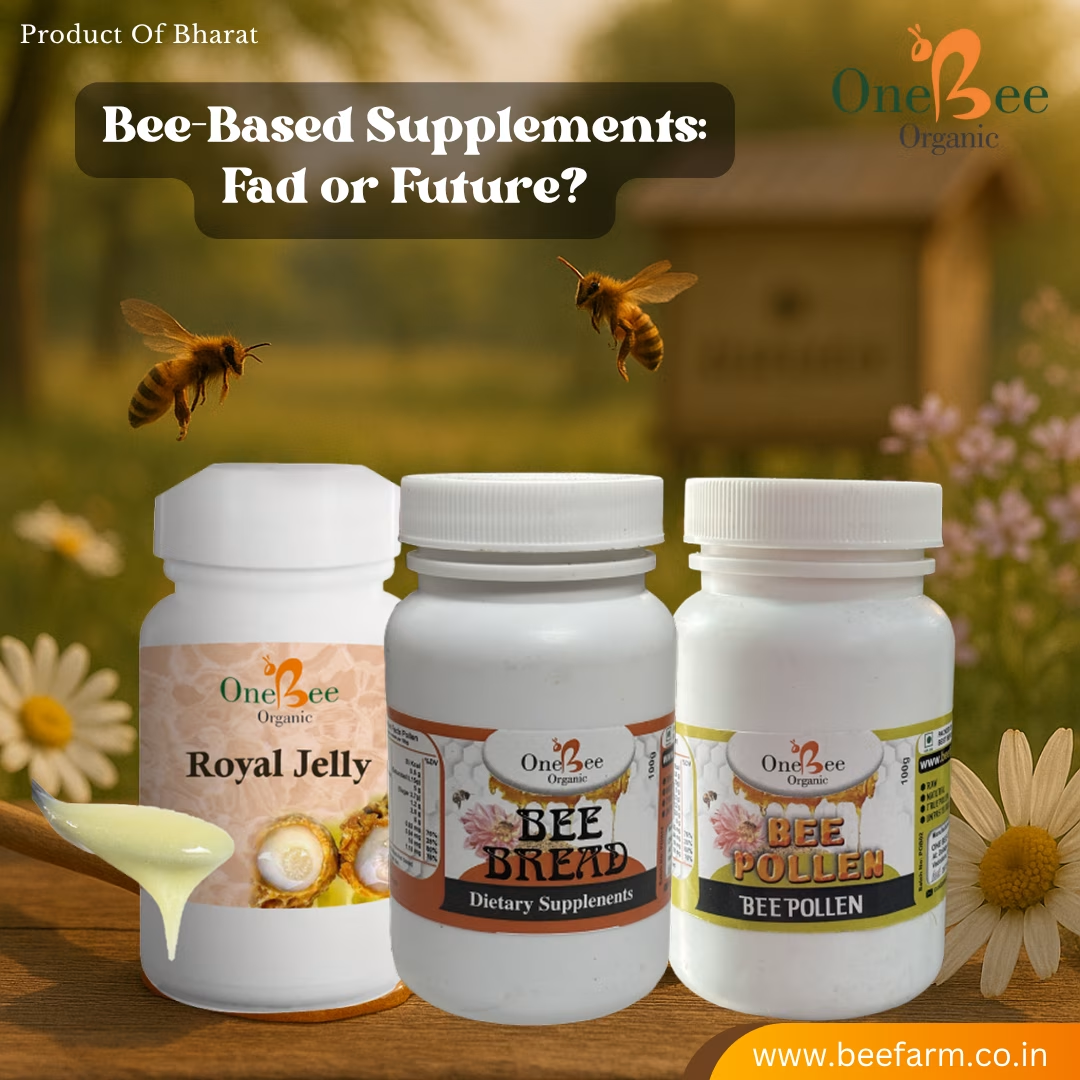
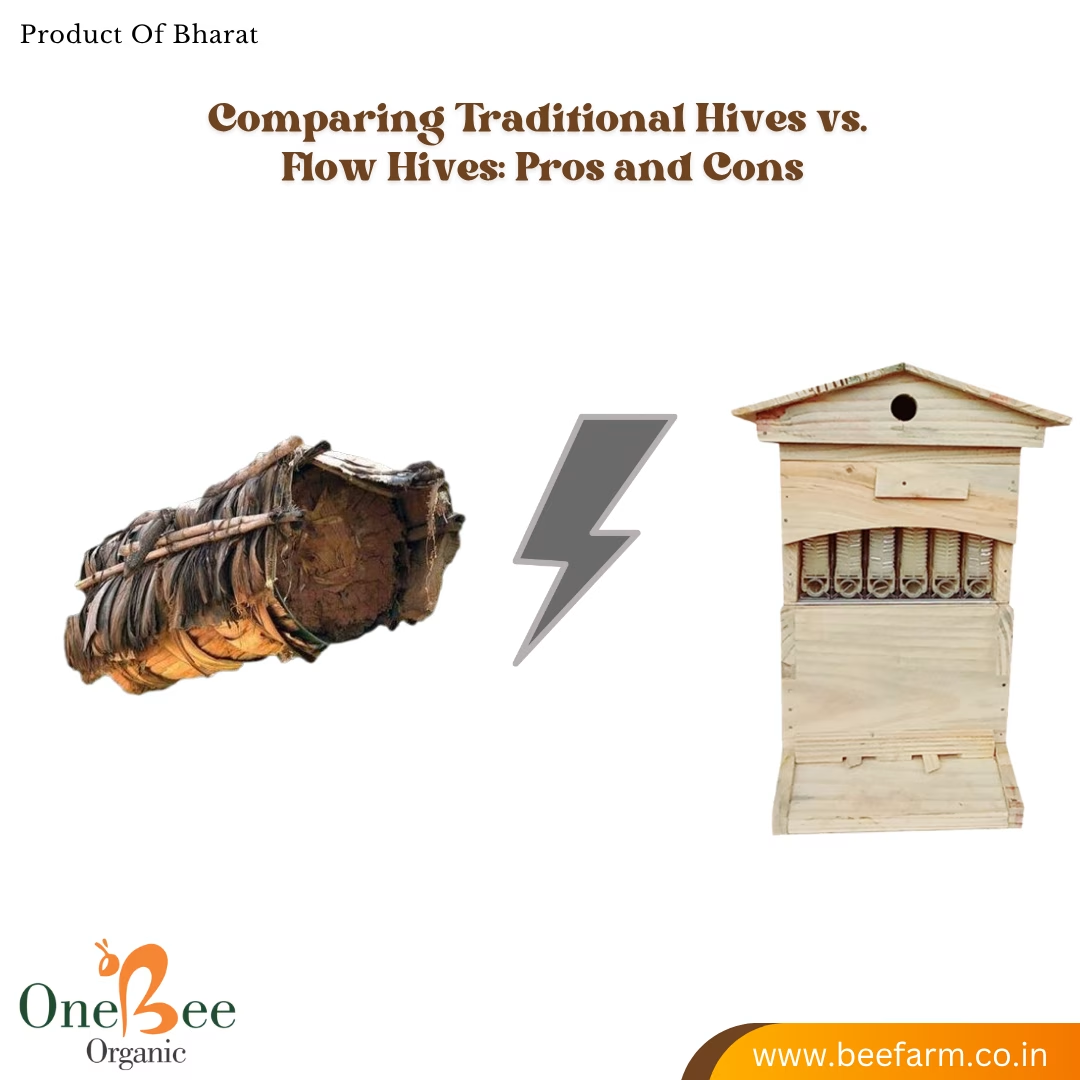

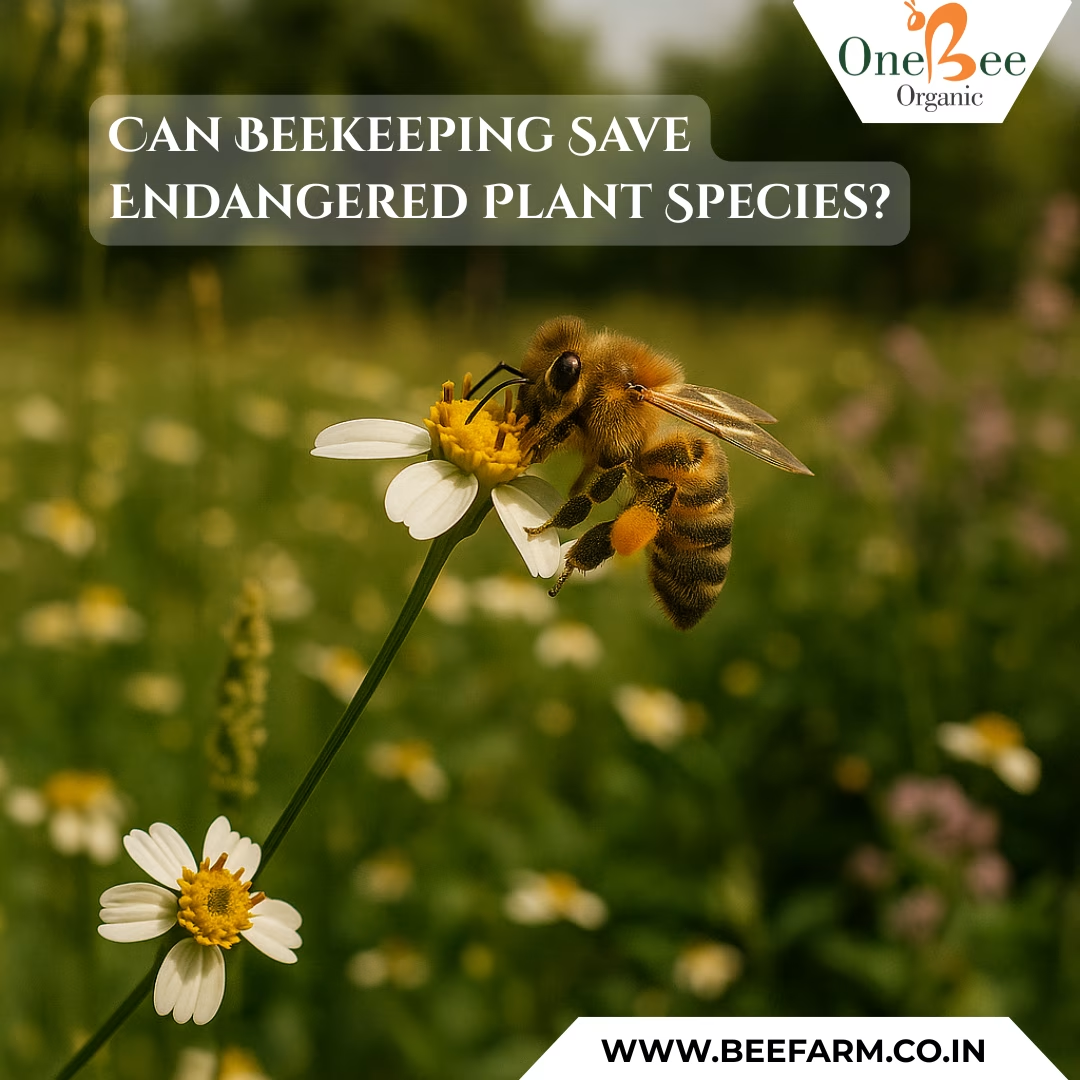
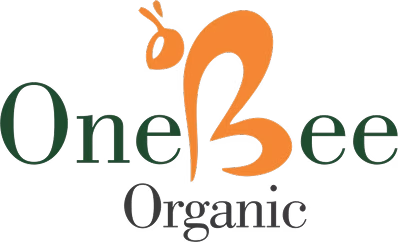
Leave A Comment